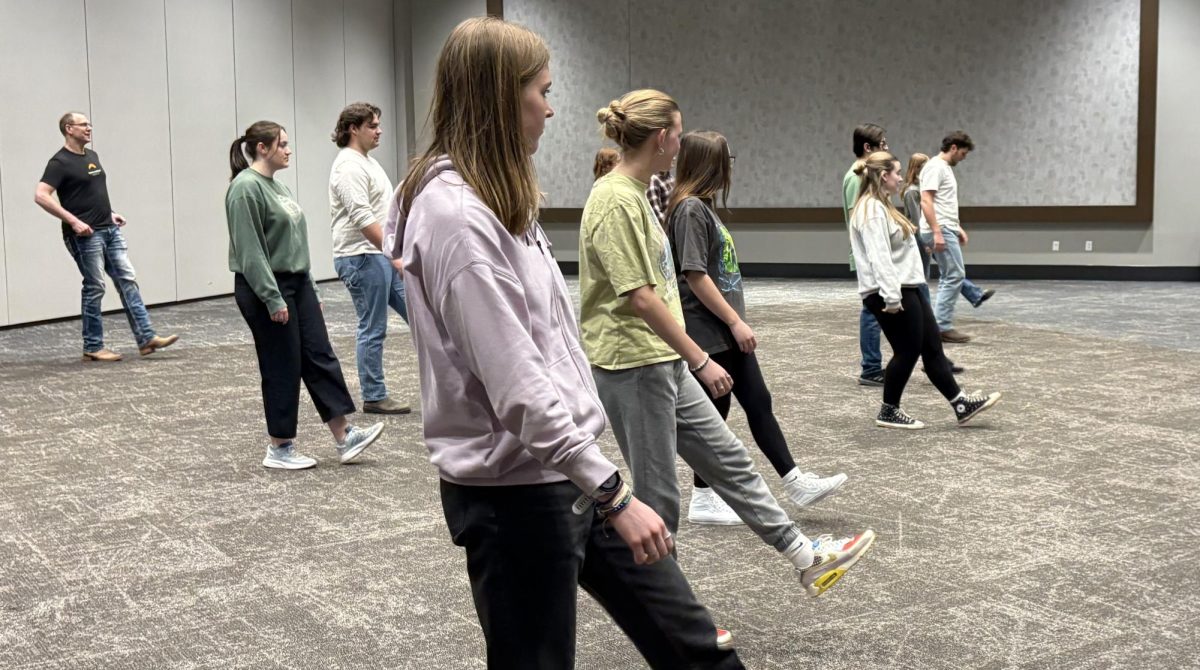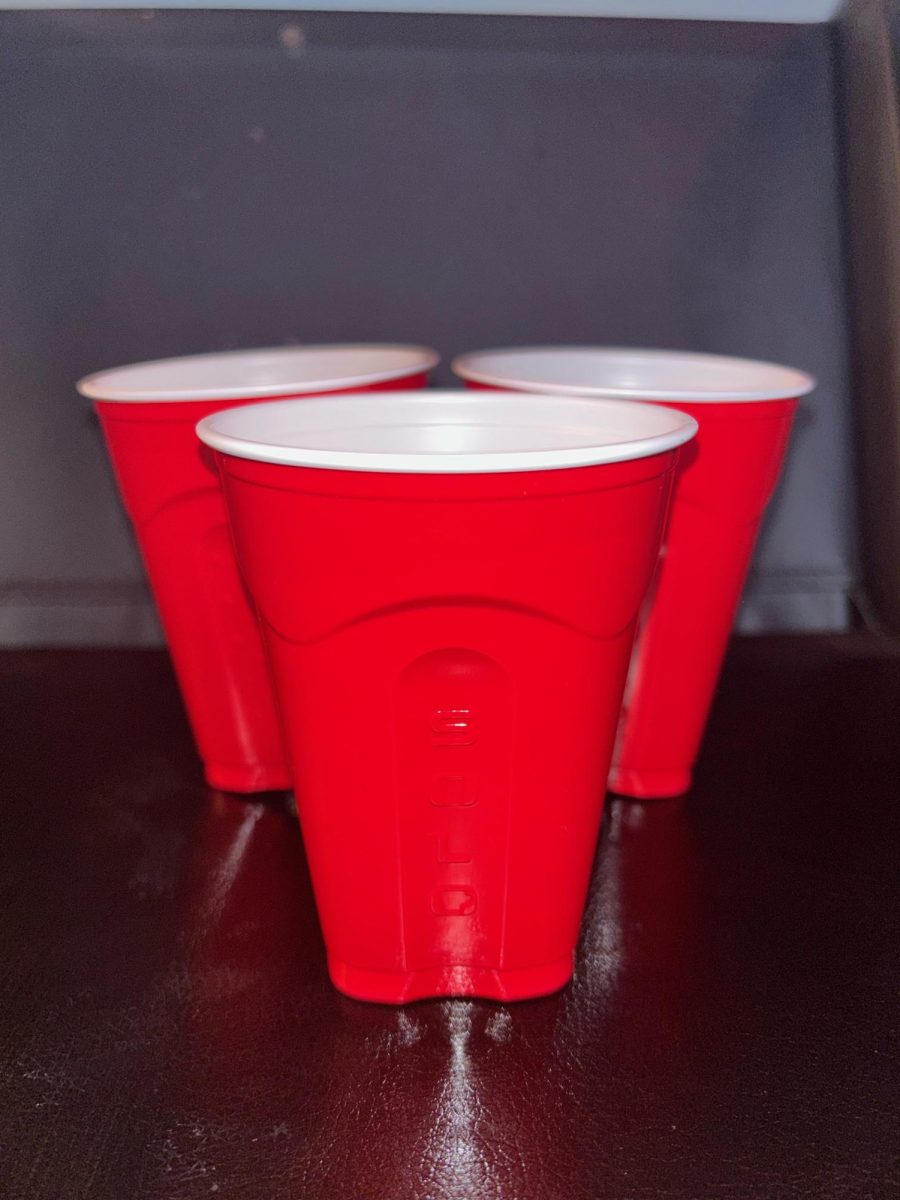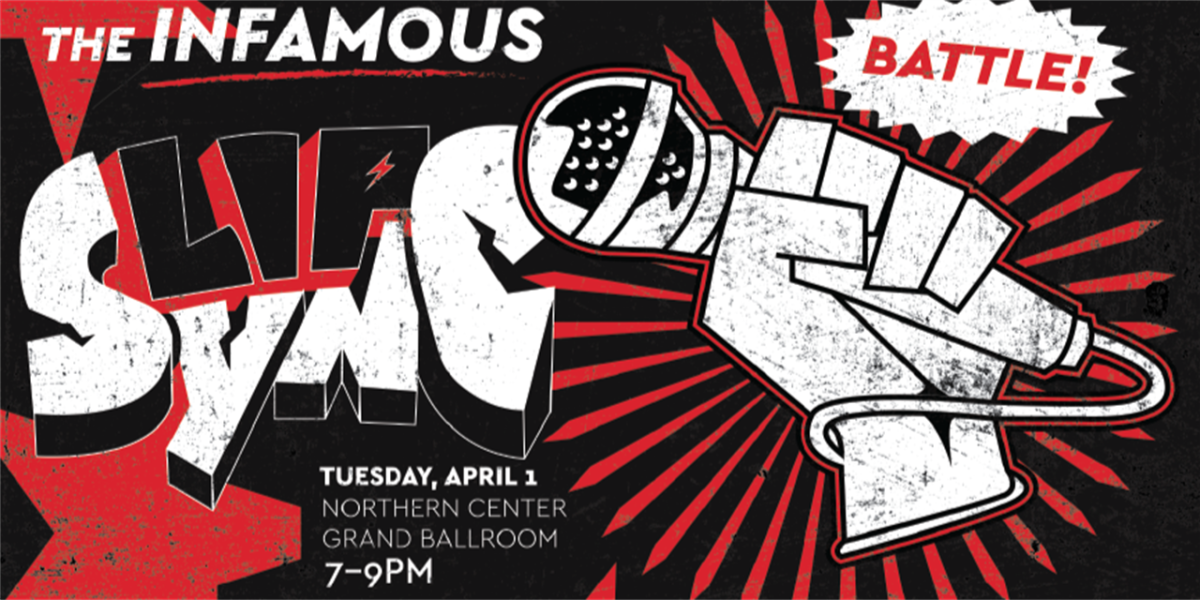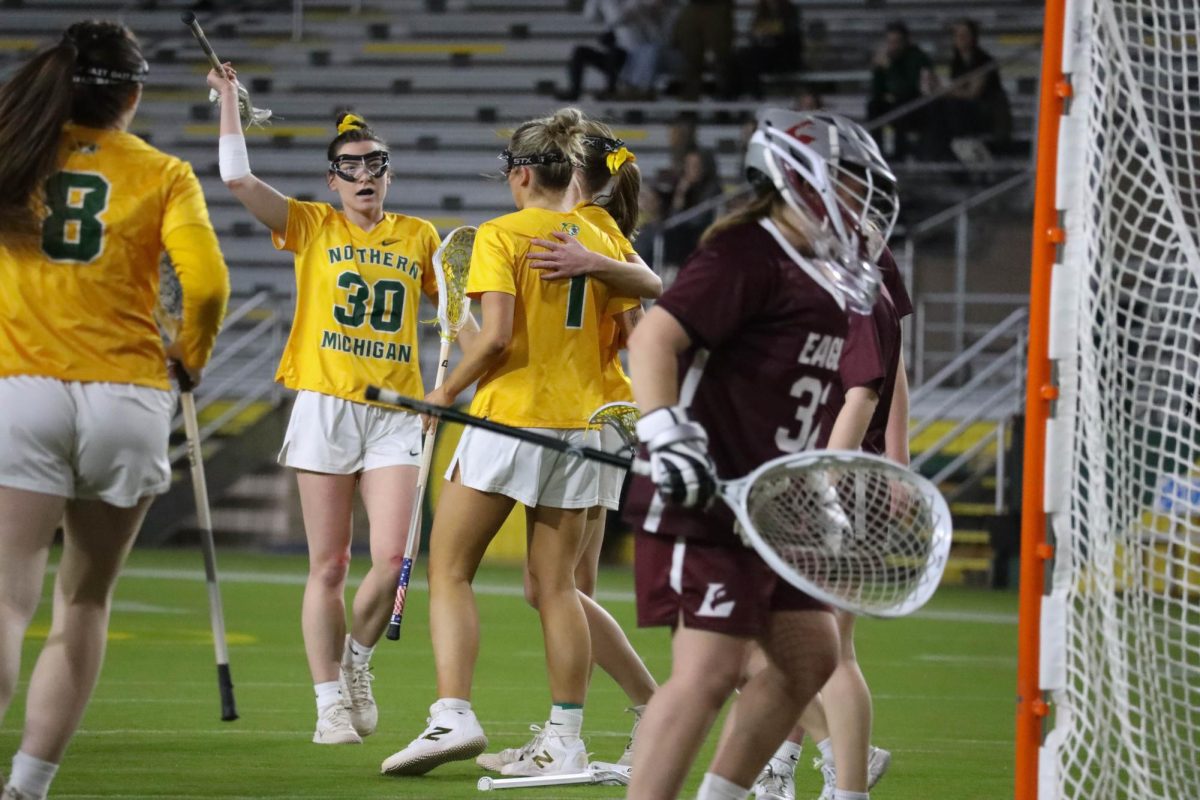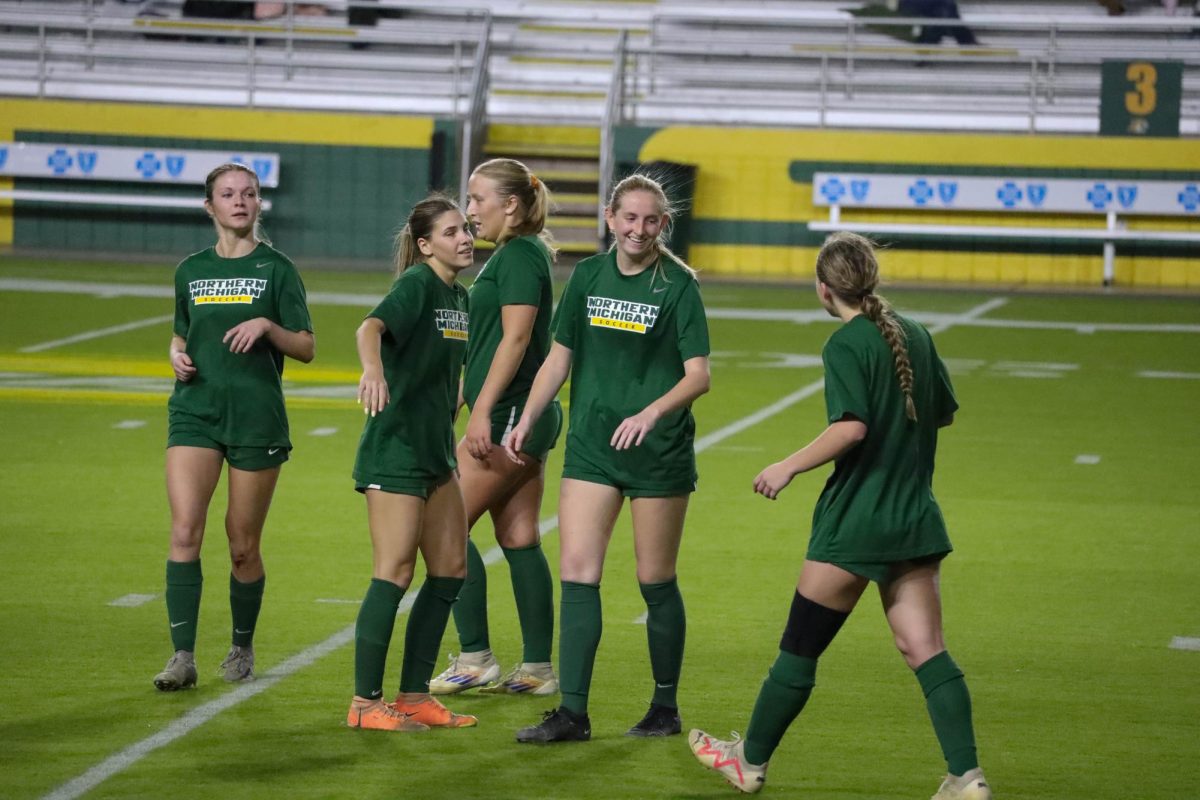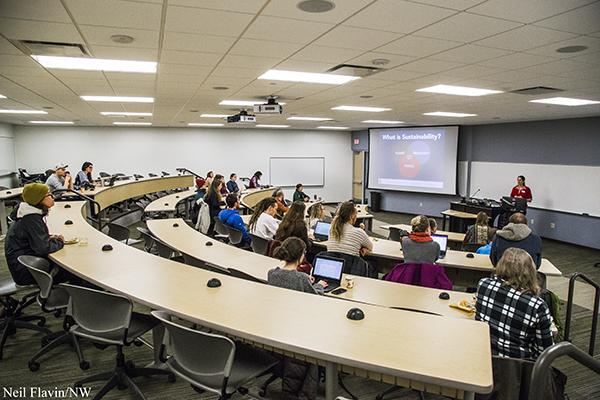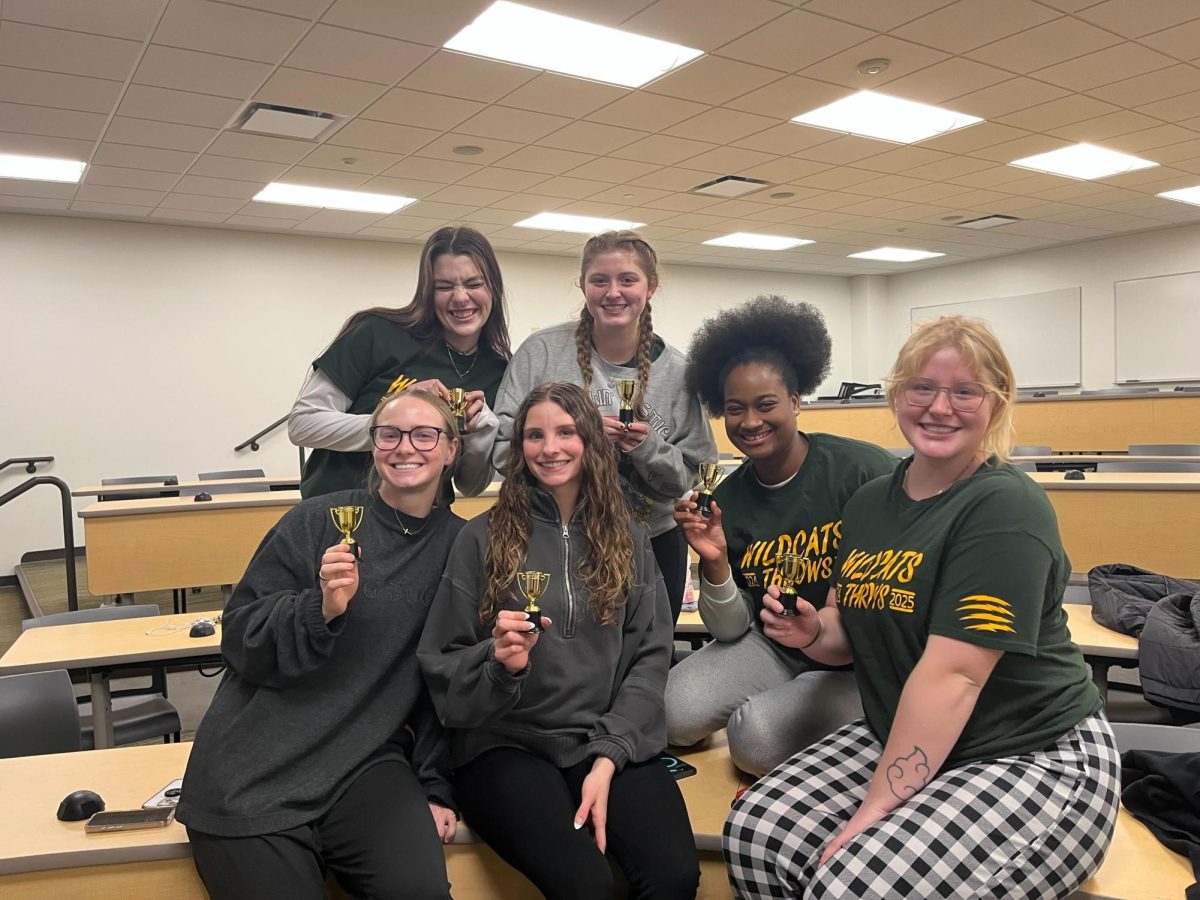Leaders of the NMU Sustainability Advisory Council spoke at a Campus Sustainability Summit in Jamrich on Friday to present the council’s findings on Northern’s environmental impact and to gather input from the public on strategies for increasing sustainable practices.
Sarah Mittlefehldt, council co-chair and assistant professor of earth, environmental and geographical sciences and council member Jes Thompson, assistant professor of communication and performance studies, led the summit. The council includes over 20 members from many university departments.
“A lot of the key movers and shakers are here—people who are educated and have experience,” Mittlefehldt said on Friday. “This event is just a first step among many.”
The council shared highlights from its Sustainability Tracking, Assessment and Rating System (S.T.A.R.S) inventory. The study, conducted over the last year, evaluated NMU’s environmental impact using the previous three years’ data compiled from across departments.
The inventory has earned NMU a bronze certification from the Association for Advancement of Sustainability in Higher Education. S.T.A.R.S is a self-reporting framework for colleges to gauge their performance. Institutions are rated bronze to platinum in their level of sustainability.
“We want to walk the walk. Let’s put action behind the rhetoric,” Thompson told the audience, mentioning her sustainability efforts at Colorado State University. “I was at a school that started bronze, and when I left we were platinum. We did it because we were strategic.”
The inventory created a baseline for Northern to measure its current state and to plan for future progress. Sustainability was defined as meeting the needs of the present without compromising the ability to meet the needs of future generations.
Along with question-and-answer sessions, 50 short-term and long-term ideas to increase sustainability in several categories were presented. Attendees, about 25 university and community members, were asked to help prioritize these strategies. The goal of the council is to have data-driven recommendations and measurable objectives to present to President Fritz Erickson and the NMU Board of Trustees in April.
“There are clear areas that many [attendees] are passionate about, which is exciting,” Thompson added. “That’s what we wanted, so we can go to [Erickson] and say, ‘These are what are important to us.’” Strategies for sustainability that were clearly popular included: create a sustainability office and staff, including a coordinator; provide academic credit and payment for student “EcoReps” to conduct outreach; institute a compost system; reduce food waste and launch a food recovery network to donate to people in need; buy food from more local farms; and incorporate sustainability learning goals into general university education.
Many of the students in attendance were leaders of campus groups promoting environmental awareness and advocacy, and all attendees showed passion for the cause.
“I’m concerned about sustainability on campus,” said senior ecology major Clare Fastiggi. “I hope these ideas don’t just remain ideas. I hope they’re implemented into actions and that the motivations behind them continue on and are shared by the campus body.”





